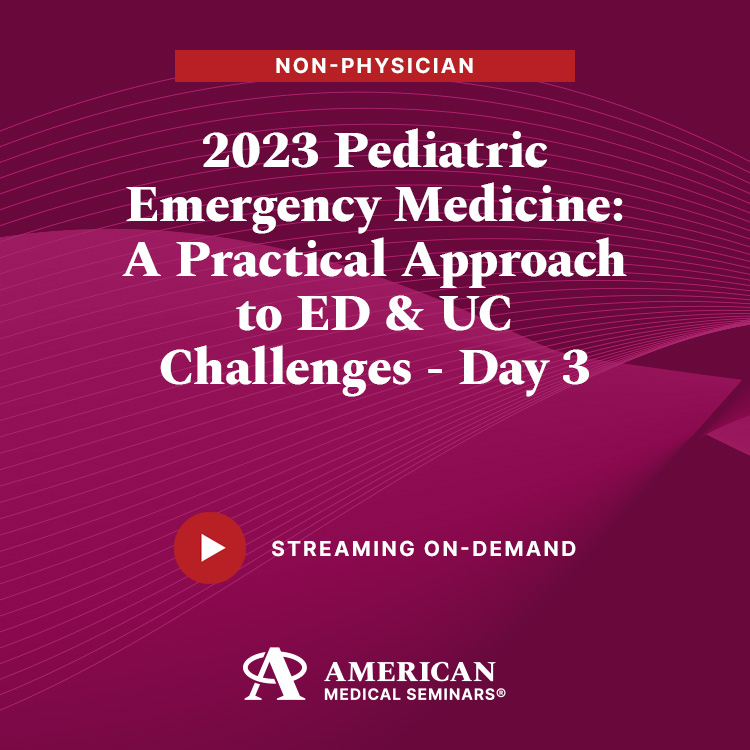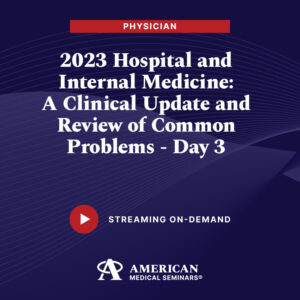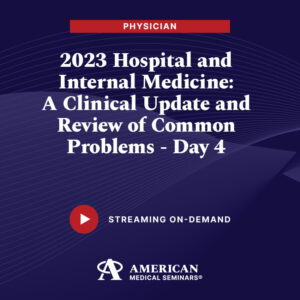Title:2023 Pediatric Emergency Medicine: A Practical Approach to ED & UC Challenges – Day 3 (Non-Physician)
Faculty: Robert Belfer, MD, Joshua Belfer, MD, Jeffrey Seiden, MD
Release Date: 7/1/2023 Expiration Date: 7/1/2026
Day 3
Pediatric Poisonings (Seiden)
Upon completion of this session, using AAP guidelines and evidence based medicine, the participant should be able to: EBM, GL, COMP
- Review data on pediatric poisonings including recent trends.
- Employ appropriate gastrointestinal decontamination in a variety of pediatric ingestions.
- Discuss management of several specific poisonings.
Dilemma of the Foreign Body – Aspirated or Ingested (Seiden)
Upon completion of this session, using evidence based medicine, the participant should be able to: EBM, COMP
- Distinguish the epidemiology and clinical presentation of aspirated versus ingested foreign bodies.
- Analyze the rationale for radiographic evaluation of children with a history of foreign body ingestion.
- Review the diagnostic approach and radiographic interpretation of children with aspirated foreign bodies.
Pediatric Seizures I. Status Epilepticus, II. Febrile Seizures (Belfer, R.)
Upon completion of this session, using national evidence based medicine sources including Cochrane Collaboration and published guidelines from sources including the American Academy of Pediatrics, the participant should be able to: EBM, GL, COMP
- Demonstrate appropriate medications to treat pediatric status epilepticus.
- Utilize the literature concerning epidemiology of offebrile seizures in educating patients’ families.
Visual Diagnosis: You Make the Call (Belfer, R.)
Upon completion of this session, using national evidence based medicine sources including Cochrane Collaboration and published guidelines from sources including the American Academy of Pediatrics, the participant should be able to: EBM, GL, COMP
- “Make the correct call” on slides representing interesting physical examination findings of
pediatric patients. - Evaluate the visual presentation of over 25 different conditions to determine the DDx, lab, imaging and/or their respective treatments or referral as indicated. Some conditions to be covered include:
a. Testicular Torsion
b. Herpes Zoster
c. Periorbital Cellulitis
d. Mastoiditis
e. Erythema Multiforme (Minor)
f. Pre-Auricular Adenitis
g. Lap-Belt Complex
h. Hematuria
The Use of Free Open Access Medical Education (FOAM) in Pediatric Emergency Medicine (Belfer, J.)
- Understand the concept of FOAM (Free Open Access Medical Education) resources and how they are being utilized in pediatric emergency medicine.
- Recognize the limitations of using FOAM in an educational setting.
- Understand different models of quality assessment for FOAM resources including blogs and podcasts.
- The receipt for any incentive-associated purchase will designate the value of the gift card separately from the cost of the learning activity.
- This incentive may have implications on your tax reporting obligations. Any reimbursed amount must be declared as personal income for tax purposes.



